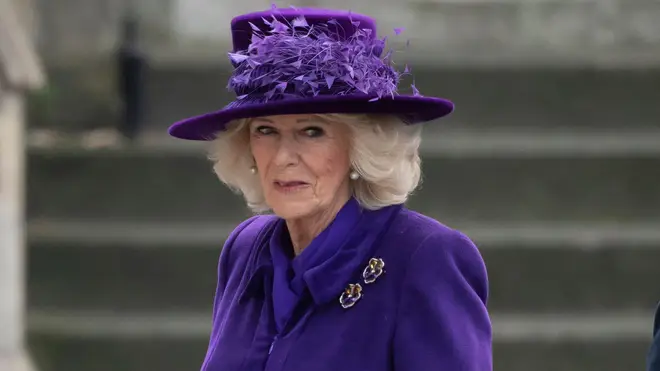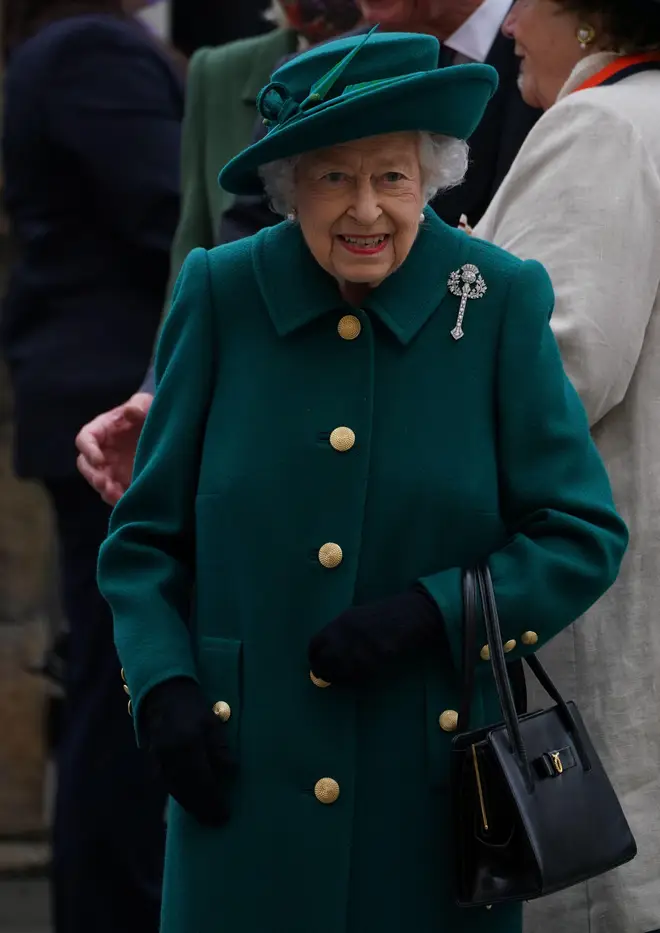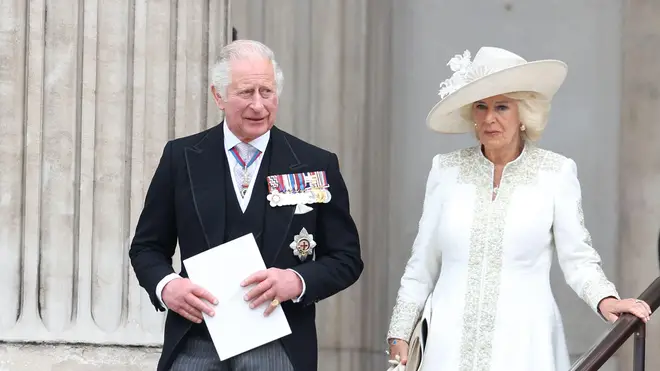On Air Now
Heart's Club Classics with Toby Anstis 7pm - 11pm
12 September 2022, 14:08

King Charles III becoming the UK's monarch means a new royal title for his wife too, but what exactly is a Queen Consort?
The late Queen Elizabeth II, who sadly passed away on September 8 at the age of 96, gave her full support of King Charles's wife becoming the UK's Queen Consort.
And now the time has come for the new King's wife Camilla, to step up and take her new royal title as consort, after the Accession Council officially confirmed Charles as head of state.
So what exactly is a Queen Consort? And how is it different from the Queen?
Here's everything you need to know about Camilla's new role within the royal family:

This is the official royal name reserved for those married to the king as the title of 'Queen', is for those who have inherited the title only.
Therefore, it is tradition for the king's spouse to become the 'Queen Consort'.
Men who marry British Queen's however, do not become 'King' or 'King Consort' but can receive the title of 'Prince Consort'.
It was believed Camilla would also be a 'Princess Consort' because of her past with Charles and due to the country's love for Princess Diana.
However, the Queen herself spoke publicly on how she hoped Camilla would take the 'Queen Consort' title.
She said: “When, in the fullness of time, my son Charles becomes King, I know you will give him and his wife Camilla the same support that you have given me; and it is my sincere wish that, when that time comes, Camilla will be known as Queen Consort as she continues her own loyal service.”


King Charles and Queen Consort Camilla arrive back at RAF Northolt
A King or Queen will hold special powers along with their title, especially political and with the military. They are considered to reign over the UK.
However, a consort, will not hold these powers, and is expected to "provide companionship and moral and practical support".